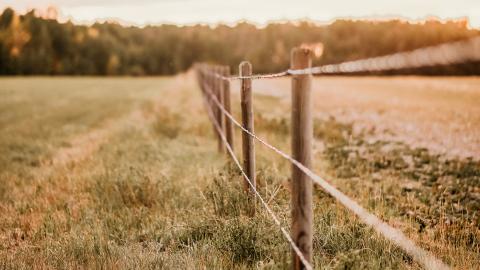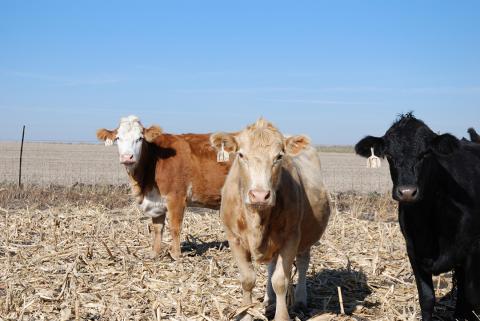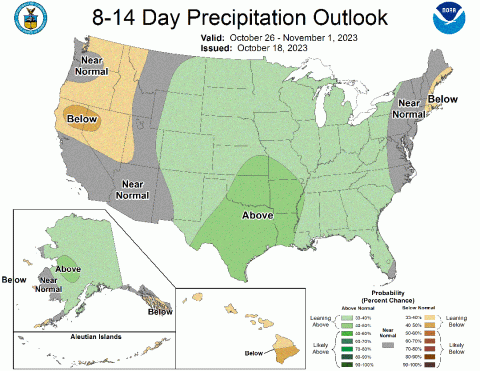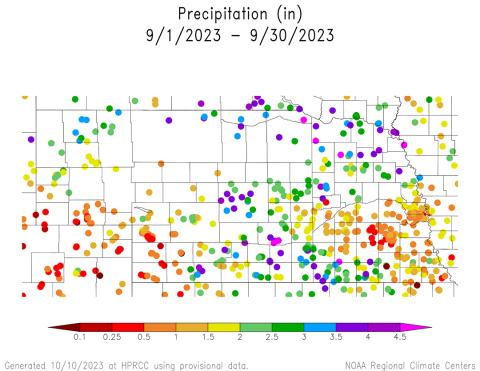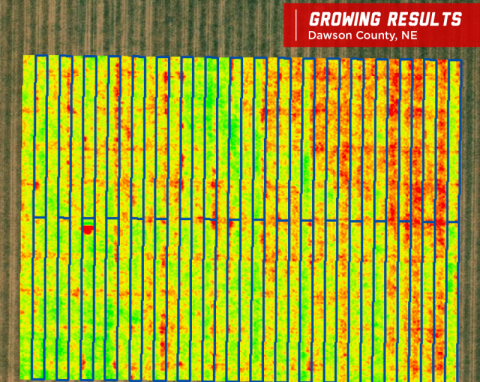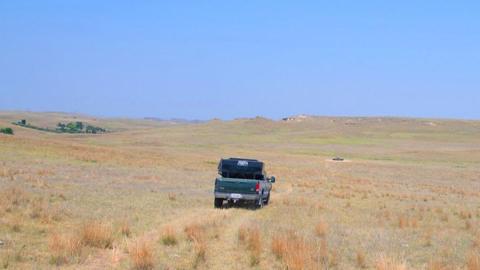Nebraska Extension Webinars to Cover Stress Recognition, Management for Ag Producers and Professionals
October 26, 2023
The “Mending the Stress Fence” webinars will build awareness of the signs and symptoms of stress in rural communities and cover the eight dimensions of wellness.
Pasture and Forage Minute: Grazing Grain Sorghum Stover and Corn Residue
October 26, 2023
A review of the pros and cons of grazing sorghum and corn residue, and how to maximize the nutritional benefits of each.
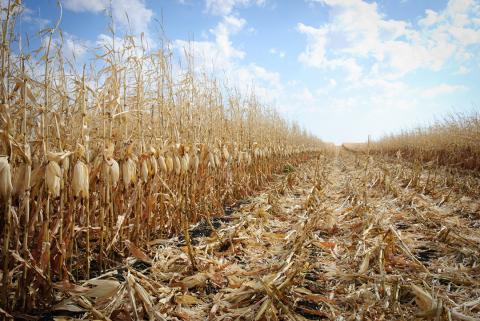
Crop Progress: Dry Bean Harvest Nearly Done, Soybean at 83%
October 24, 2023
As of Oct. 22, dry bean harvest reached 92% complete in Nebraska, closely followed by soybean at 83% and corn at 62% — all within normal range for late October.
Weekly Weather Update and Outlook: Oct. 19, 2023
October 19, 2023
The next seven to 10 days could feature a bit of severe weather and heavy rain in eastern Nebraska, cold temperatures statewide, a chance of heavy snow, and possibly even a white Halloween.
September Summary: August Lite
October 19, 2023
While precipitation varied widely in Nebraska throughout September, temperatures were well above average across the entire state, with several cities setting record highs.
Growing Results: Pivot Bio Proven 40
October 18, 2023
An on-farm study in Dawson County is evaluating the impact of Pivot Bio's Proven 40 across a range of nitrogen rates.
Farmland, Pasture Leasing Workshop Nov. 20 in Kimball
October 18, 2023
The workshop will cover current Nebraska cash rental rates and land values, crop-share arrangements, terminating verbal leases, and other contract considerations.
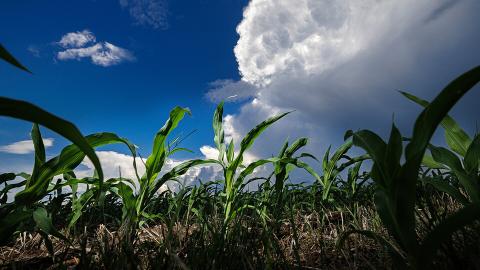
Yeutter Institute Offers Insights on Boosting Ag Biotech Innovation
October 18, 2023
Now a topic of ongoing deliberations in Washington D.C., a new Yeutter Institute report recommends streamlining redundant U.S. regulatory protocols for ag biotech, which can boost crop yields to meet the world’s growing food demand.


